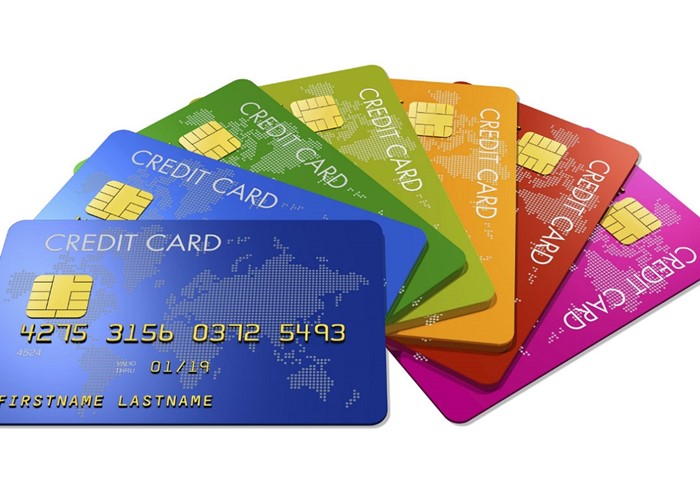Don't let this happen to your credit card!

Putting too much money on your credit card can get you into trouble.
Recently, a reader contacted us with a strange situation she'd like us to chase up - involving the overloading of her credit card.
The lady in question explained that her credit card had suddenly stopped working. When she called her bank to find out why, she was told it was because she had "too much money" [£2000] on her card, and this had caused it to shut down.
Our reader was told she would only be able to use the card once the £2000 had been transferred back into her bank account. The bank cited recent changes to money laundering regulations by the Financial Services Authority (FSA) as the reason her card was blocked.
We decided to look into this.
FSA regulations
There are indeed FSA regulations related to money laundering and suspicious transactions which affect how credit-card providers deal with customers with overloaded cards.
In August last year, these regulations were simplified and became more principle-based, explaining that fraud prevention action should be "comprehensive and proportionate", but giving banks and credit-card providers certain freedoms in how they operate their fraud prevention schemes.
It seems that these were the changes referred to. Simply put, credit-card providers are allowed to block the use of a particular card if they think it is being used for money laundering purposes or other fraudulent activity. Having too much money on your credit card is one situation which is often deemed ‘suspicious' by card providers' fraud teams.
How does it affect you and your credit card?
To find out more about how providers interpret these regulations, I contacted several major card providers. Here's what I found:
• All the providers questioned discouraged people from overloading their cards. All banks either implied, or told me outright, that if a customer does this, his or her card activity is likely to be carefully scrutinised. HSBC, for example, described such behaviour as "unusual activity".
• Such activity could therefore trigger a fraud investigation which will cause your card to be blocked - particularly if you are in credit by a substantial amount.
• Because each bank can act using its own discretion, there is no one hard and fast rule. For example, Barclays said they aimed to "discourage" people from overloading their cards -- and had credit limits in mind -- but would not disclose what these limits were.
• Providers judge, and deal with, each case individually. In certain circumstances your card may be blocked before you are informed of the fact.
• You may get away with being in credit -- particularly if the amount if small. No provider said they would definitely block a credit card if it had a small positive balance. For example, both Lloyds and MBNA told me positive balances on credit cards were allowed, although not encouraged.
• However, the risk is there. If your provider decides there might be something fishy going on -- and this is more likely if you have a positive balance -- they have the right to block transactions while they investigate. Obviously this could prove disastrous, especially in a situation where your credit card is your only means of payment.
Section 75 of the Consumer Credit Act can help when your credit card purchases go wrong
I can see why lenders are twitchy about overloaded cards. Fraud and money-laundering are obviously a huge cause for concern, and credit cards make it very easy to move money across borders without the relevant checks. And, of course, from a consumer's perspective, a positive credit card balance earns no interest.
The big question is whether providers will try and make some money out of this. But all the banks I spoke to assured me they do not charge a fee if credit cards are overloaded.
One final thought: If you think your credit card is about to go into a positive balance (for example if you're expecting a refund on goods bought, and you've already paid off your bill), it's a good idea to get in touch with your provider and let them know. That way, you're ready for anything and hopefully shouldn't be faced with the nightmare of your card being rejected at a crucial moment.
This is a lovemoney.com classic which has been updated.
Comments
Be the first to comment
Do you want to comment on this article? You need to be signed in for this feature